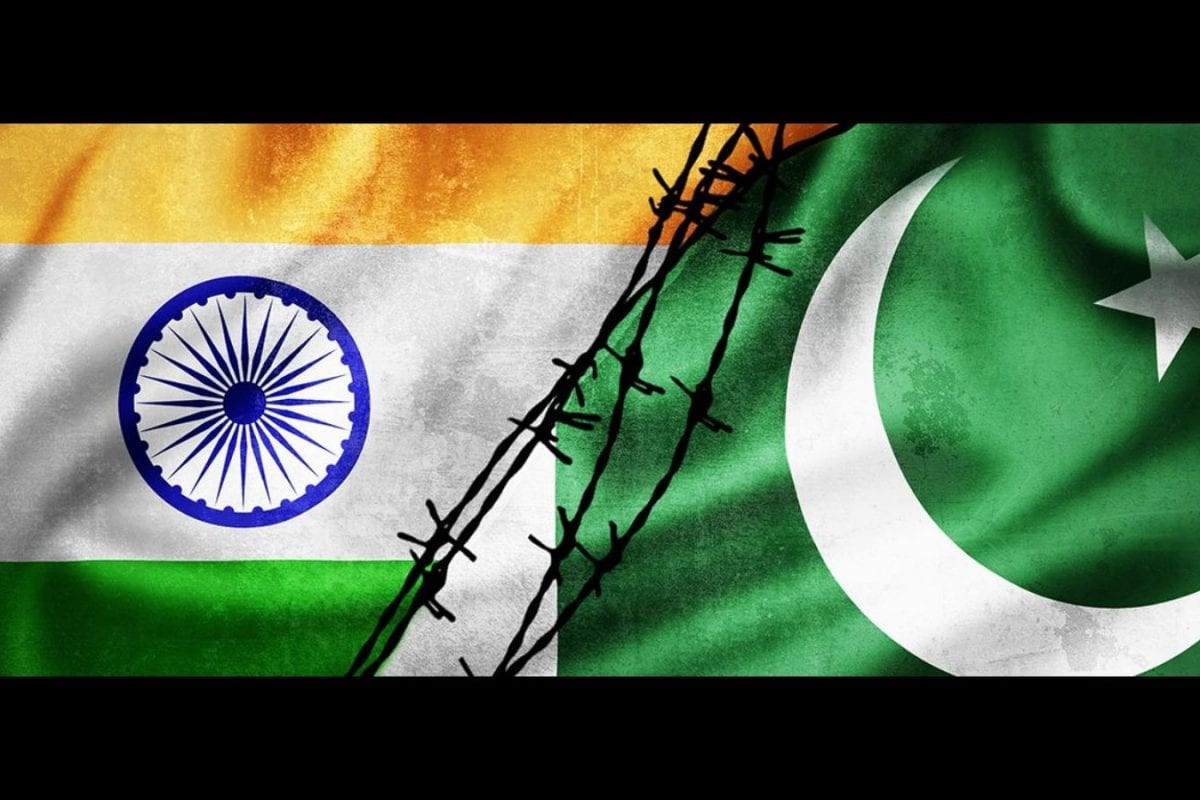

The relationship between India and Pakistan has been complex and largely hostile since the partition of British India in August 1947. The partition, which created a Muslim-majority Pakistan and a Hindu-majority India, resulted in the displacement of millions and widespread violence. The princely states were given the option to join either India or Pakistan. This set the stage for future conflicts, primarily centered around the disputed region of Jammu and Kashmir.
The First Kashmir War (1947-1948): The first major conflict erupted shortly after independence when Pakistan-backed tribal militias invaded Kashmir. The Maharaja of Kashmir initially sought independence but eventually acceded to India in exchange for military assistance. Indian troops were airlifted to Srinagar, and a war ensued. The war ended with a ceasefire brokered by the United Nations, resulting in the division of Kashmir. India gained control of approximately two-thirds of the region, while Pakistan controlled the remaining portion. The ceasefire line, known as the Line of Control (LoC), became a de facto border.
The Indo-Pakistani War of 1965: Tensions simmered until another full-blown war broke out in 1965. The conflict was preceded by skirmishes and Pakistan's "Operation Gibraltar," which aimed to incite an insurgency in Jammu and Kashmir. India retaliated by launching a full-scale attack on West Pakistan. The seventeen-day war saw intense fighting and tank battles. The war ended with a UN-mediated ceasefire and the Tashkent Agreement. Despite the ceasefire, the underlying issues remained unresolved.
The Indo-Pakistani War of 1971: The 1971 war was a significant turning point, stemming from the Bangladesh Liberation War in East Pakistan. After a military operation and genocide on Bengalis in East Pakistan, India intervened in support of the Bengali population. The conflict resulted in the secession of East Pakistan, which became the independent nation of Bangladesh. This war was a decisive victory for India and led to significant geopolitical changes in the region.
The Siachen Conflict (1984-2003): In 1984, India launched Operation Meghdoot, gaining control of most of the Siachen Glacier in the Karakoram range. Pakistan attempted to dislodge Indian forces, leading to prolonged skirmishes at high altitudes. The conflict continued for nearly two decades before a ceasefire was implemented in 2003. The Siachen Glacier remains a highly militarized zone.
The Kargil War (1999): In the summer of 1999, Pakistani soldiers and militants infiltrated the Kargil region of Jammu and Kashmir. Indian forces launched Operation Vijay to evict the intruders. After weeks of intense fighting, India regained control of the territories. The Kargil War highlighted the continuing volatility of the Kashmir dispute.
Post-Kargil Tensions: Following the Kargil War, tensions remained high, with numerous cross-border skirmishes and military standoffs. In 2001-2002, a major military standoff occurred after a terrorist attack on the Indian Parliament. India accused Pakistan of supporting the terrorists, leading to a massive mobilization of troops on both sides of the border. Tensions eventually de-escalated through diplomatic efforts.
Recent Developments: Despite a ceasefire agreement along the Line of Control (LoC) in 2003, violations have been frequent. Both countries accuse each other of initiating the firing. In recent years, tensions have further escalated due to events such as the Pathankot attack, the Uri attack, and the Pulwama attack. India's response to these attacks has included surgical strikes and airstrikes on alleged terrorist camps in Pakistan.
Most recently, a militant attack in Pahalgam, Indian-administered Kashmir, has triggered a sharp escalation between India and Pakistan, with both sides exchanging gunfire across the Line of Control and downgrading diplomatic ties. On May 6, 2025, India announced the launch of "Operation Sindoor," targeting nine sites in Pakistan and Pakistan-administered Jammu and Kashmir, which it alleged were used to plan the attacks. The situation has heightened fears of a broader military conflict between the two nuclear-armed nations, marking the most significant bilateral confrontation since 2019.
The conflicts between India and Pakistan have been driven by various factors, including the unresolved Kashmir dispute, cross-border terrorism, and historical grievances. Despite numerous attempts to normalize relations, the two countries continue to face significant challenges in building a peaceful and stable relationship.